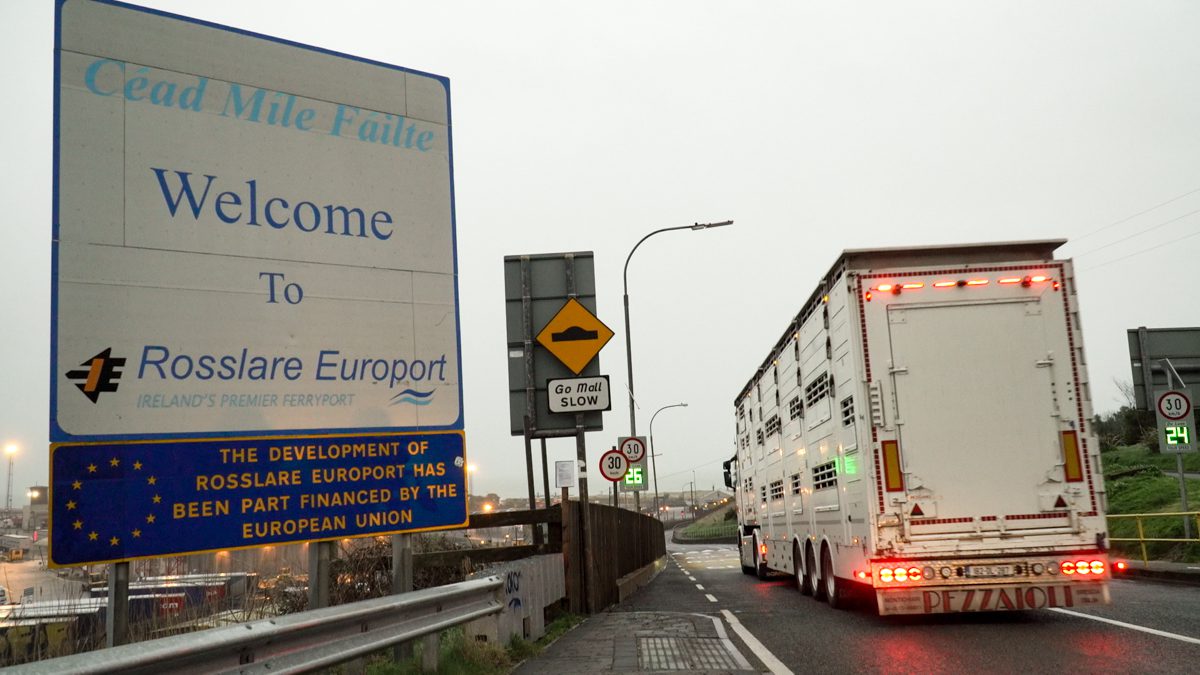A Tipperary TD is calling on the government to support the agri-food sector and its suppliers who are facing Brexit.
Deputy Michael Lowry has told the Dáil that while there is “endless information” available to the farming sector, some of it has been “confusing and conflicting”.
“The farming sector, which will be one of the hardest hit sectors in the country, is deeply concerned about what the future holds for them.
“They are inundated with information. Yet they fear that the impact for them will be much harder than the picture that is currently being painted,” the deputy said.
Economic spin-off
Addressing the Minister for Foreign Affairs Simon Coveney, deputy Lowry said that the agri-food sector provides 8.5% of national employment and generates €14 billion for the Irish economy.
“The dependence which our farmers have on the UK market makes for vulnerable and uncertain times.
The agri-food sector is exposed. Irish beef farmers are already experiencing huge uncertainty regarding meat prices and environmental compliance. This is forcing many farmers – dairy and beef – to question their livelihoods and financial sustainability.
“On top of this farmers are facing potential losses in the CAP [Common Agricultural Policy] payments to farm families arising from a substantial reduction in the EU fund.
The independent TD said the CAP reduction is predicted to be up to 30% for some farm payments and many farmers will be unable to withstand such a “drastic” drop in income.
TCD research
Deputy Lowry stated: “Just last week new research from Trinity College Dublin Business School predicted that a hard Brexit will cause serious damage to Ireland’s dairy and beef sectors.
This research states that, with a default to World Trade Organisation (WTO) rules looking likely, agri-food businesses face losing market access as agriculture and food face particularly high tariffs under WTO rules.
“This would result in Irish agri-food businesses losing access to the UK market and, as a result, they would need to find new markets for their product,” he said.
“In a nutshell, the impact of Brexit on Irish agriculture will be influenced by three factors; the degree of reliance of specific sectors and products on the UK market; the reduction in UK market access for Irish exporters due to tariff and non tariff barriers; and the degree of resilience of different sectors based on their profitability and dependence on direct payments.
“The Irish agricultural sector needs to be protected and our trade position in terms of accessing the UK market has to be strengthened and prioritised,” deputy Lowry concluded.
